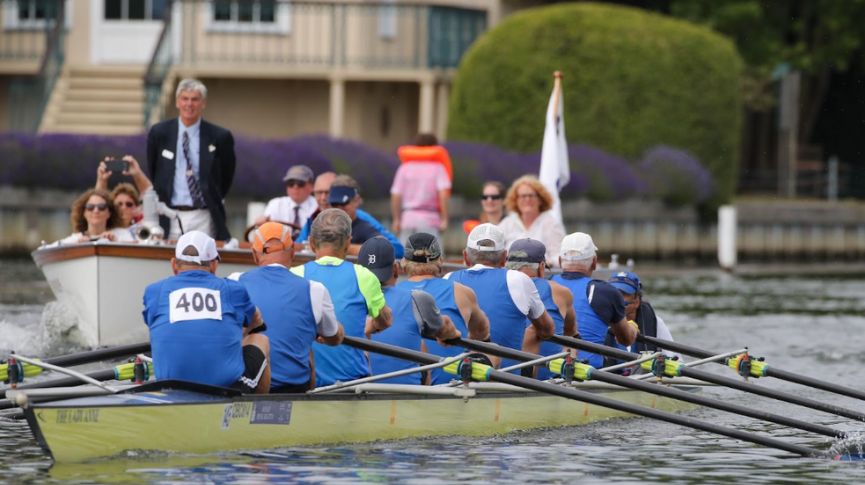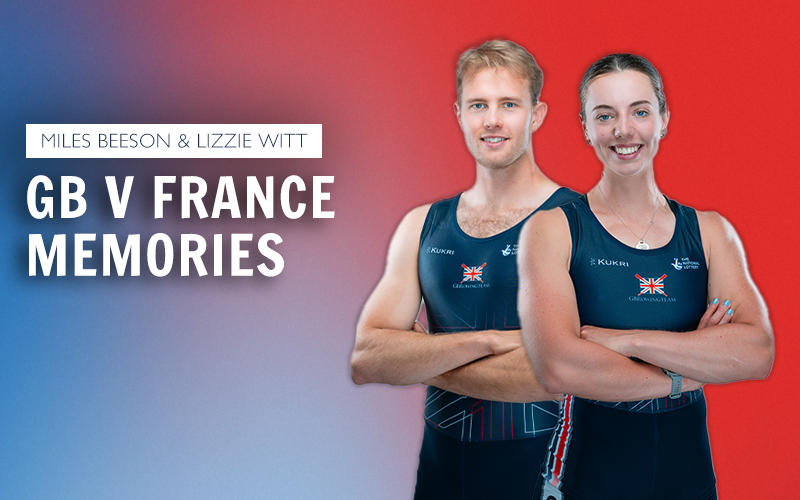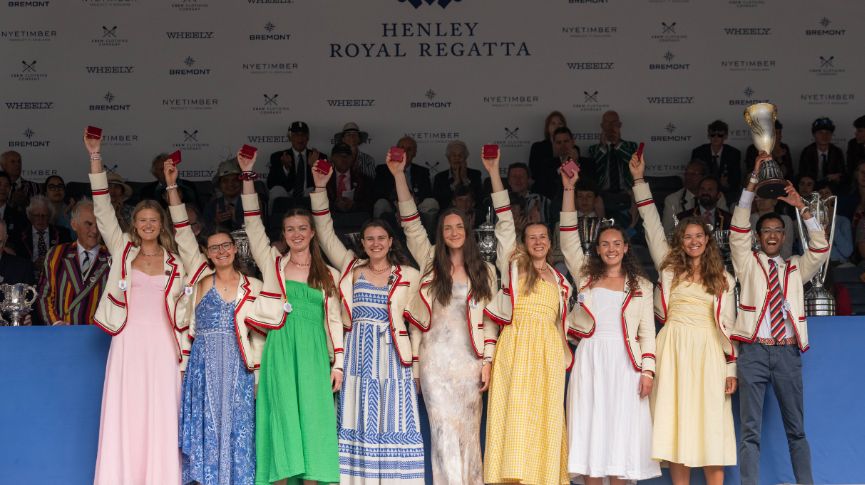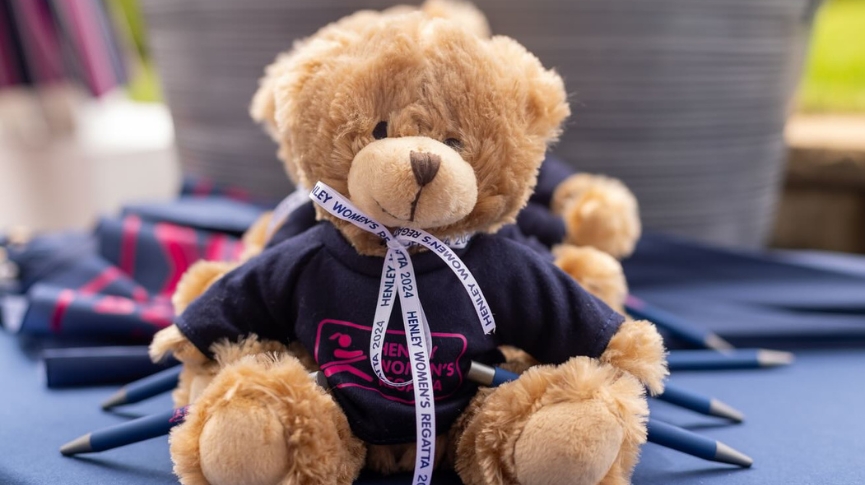Clare Balding on presenting the Cancer Research UK Boat Race
The BBC’s 2018 Boat Race coverage will be led by Clare Balding, who famously opted to commentate on the first Women’s Boat Race over the Grand National in 2015, when both events were taking place on the same day
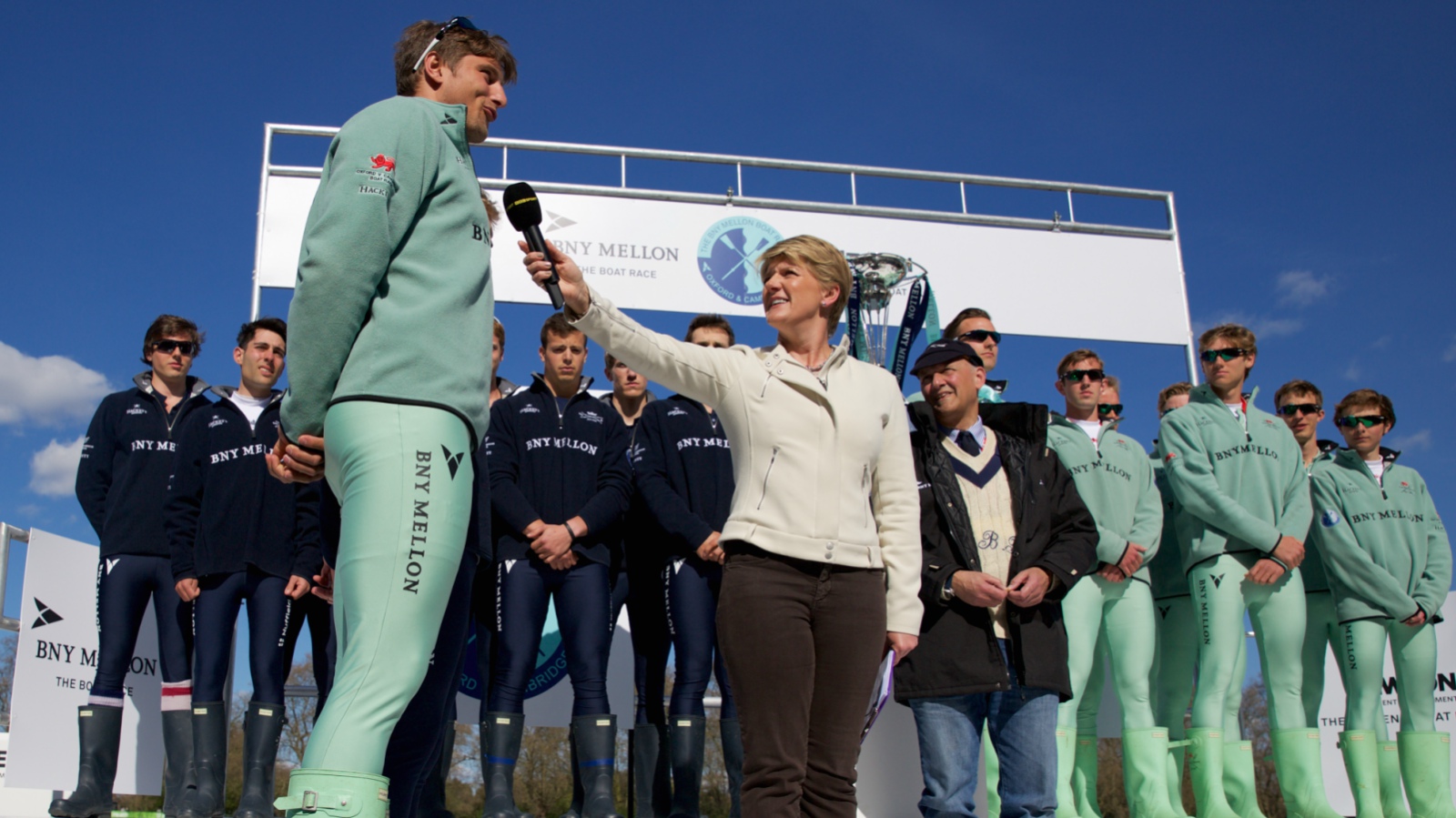
Clare Balding meets the 2015 Boat Race crews (c) Naomi Baker
As the Cancer Research UK Boat Race gets underway later today, Martin Gough speaks to Clare Balding about what it takes to present such an iconic event.
MG: What were your thoughts on the Boat Race before you started presenting and how have they changed since?
CB: I went to Cambridge and I rowed a bit for my college (Newnham) so I was always interested in the Boat Race and I understood how much it means to the rowers and also I could appreciate some of the physical challenges, although I never put myself through quite that much pain!
There is a simplicity to it as an event that I think appeals to a large audience and is part of its attraction. It is part of British sporting tradition, although I think it has benefited enormously from moving with the times to include the Women’s Boat Race on the same day and over the same course.
How does the Boat Race compare as an event to, for example, the Grand National?
It often happens on the same weekend, sometimes even on the same day and it’s very similar in terms of distance. And although it doesn’t have 40 different runners and obstacles to clear, it is part of the spring sporting calendar in much the same way.
It always gets a massive audience so you know you’re doing something that matters to a lot of people
From a presenter’s point of view, how does the Boat Race differ from covering other major events?
It always gets a massive audience so you know you’re doing something that matters to a lot of people. I always feel it’s important to know enough about the different rowers and to make people understand that they are amateurs, combining study with training. I live in Chiswick so I am very familiar with the landmarks along the course and I have walked the course many times, which helps.
The biggest difference is the sense of complete devastation for the losers. There is no reward for finishing second and you have to be very sensitive to their feelings, while allowing the winners to have their glory.
What are the biggest challenges for you on race day?
The weather makes a huge difference. On a lovely day, the crowds are huge and everyone is smiling, which helps. If it’s pouring with rain, everyone has to deal with it and our equipment can quite often suffer, so it makes it much more difficult to see screens and talkback can become quite fuzzy. I usually have to get from the start to the finish ahead of the race, which can be pretty choppy and uncomfortable in bad weather.
What has been your favourite Boat Race moment from those you have been involved in so far?
The most memorable was certainly 2012. I fell over on the slipway getting onto the boat that was taking me to the finish and I whacked my head on the concrete so I wasn’t feeling great. I got to the finish and was sitting sipping a cup of sugary tea thinking what a close and competitive race it was, when I saw an object in the water which turned out to be a man we later found out was Trenton Oldfield.
I fell over on the slipway getting on to the boat that was taking me to the finish and I whacked my head on the concrete
There was a significant delay so I offered interviews from the finish, including talking to Liz Box who had coxed Cambridge the year before. We filled in as best we could and the adrenaline kicked in big time, meaning I forgot about my dizzy head. We watched the restart and the clash of blades and after Cambridge had won, concern turned to Alex Woods, the Oxford bow, who had collapsed.
It was a very worrying time because no one knew whether he was going to be okay; the Oxford crew were understandably distraught and Cambridge didn’t really know whether to celebrate their victory or not. It was all highly tense and tested all of our skills to get the tone right on TV. As it turned out, Alex recovered and the programme had one of the biggest audiences in Boat Race history. It was the start of quite an eventful year for me!
This article first appeared in Rowing & Regatta magazine – find out how to subscribe here.


